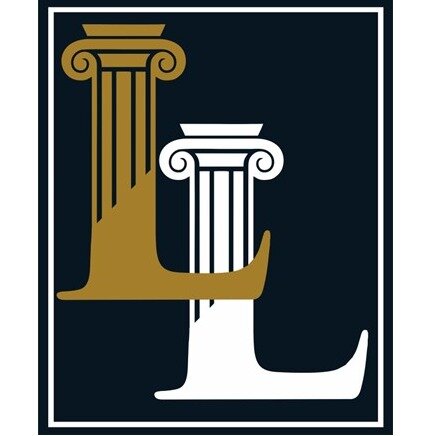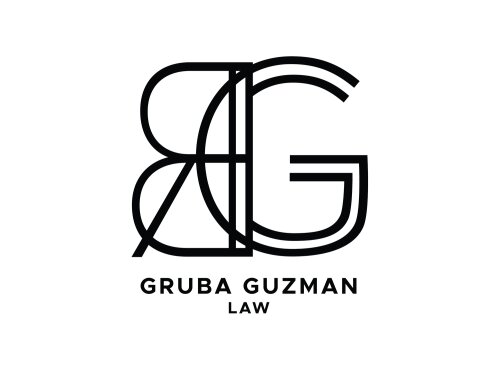Best Admiralty & Maritime Lawyers in Philippines
Share your needs with us, get contacted by law firms.
Free. Takes 2 min.
Or refine your search by selecting a city:
List of the best lawyers in Philippines
About Admiralty & Maritime Law in Philippines
Admiralty and Maritime Law in the Philippines governs legal issues related to maritime activities, both domestic and international. This specialized field of law covers a vast array of topics, including shipping, navigation, waters, insurance, and the conduct of vessels and maritime trade. Being an archipelagic nation, the Philippines heavily relies on the maritime industry for economic purposes, making Admiralty and Maritime Law critically important. The legal framework is based on international conventions, local statutes, and case law, which collectively regulate maritime operations and seek to provide remedies for disputes and infractions within the maritime sector.
Why You May Need a Lawyer
There are numerous situations where individuals or companies may require legal assistance in Admiralty and Maritime Law in the Philippines. Common instances include:
- Ship Accidents: Legal assistance may be required to claim damages or defend against liability arising from accidents at sea.
- Cargo Disputes: Issues like damage or loss of cargo can necessitate legal intervention to resolve disputes between shippers and carriers.
- Maritime Employment: Seafarers or employers involved in labor disputes or contractual agreements might need legal advice.
- Regulatory Compliance: Companies need to ensure adherence to national and international maritime laws, which can be complex and technical.
- Marine Insurance Claims: Navigating insurance claims related to maritime activities often requires specialized legal knowledge.
Local Laws Overview
The Philippines has a comprehensive legal framework governing maritime activities, derived from its own legislation and international maritime conventions. Key aspects include:
- Philippine Merchant Marine Rules and Regulations: Governs the standards for vessels, maritime safety, and personnel certification.
- Carriage of Goods by Sea Act: Covers contracts of carriage and liabilities of carriers concerning goods transported via sea.
- Maritime Industry Authority (MARINA): The primary body overseeing the regulation of the maritime industry, including ship registration and licensing.
- International Conventions: The Philippines is a party to numerous international treaties, including SOLAS (Safety of Life at Sea), MARPOL (Prevention of Pollution from Ships), and others that set standards for safety, environmental protection, and crew welfare.
Frequently Asked Questions
What is Admiralty and Maritime Law?
Admiralty and Maritime Law is a distinct body of law governing maritime questions and offenses. It involves issues like shipping, navigation, commerce, and the transportation of passengers and goods by sea.
Who can practice Admiralty and Maritime Law in the Philippines?
Only licensed attorneys with expertise in maritime law can practice in this field in the Philippines.
Is a maritime contract different from a regular contract?
Yes, maritime contracts are specifically related to maritime activities and often involve unique legal considerations governed by both national and international maritime laws.
How can I resolve a maritime dispute?
Maritime disputes can be resolved through arbitration, mediation, or litigation in appropriate local courts. It's best to consult a maritime lawyer to determine the best course of action.
What is the role of MARINA?
MARINA is the leading agency responsible for integrating the development, promotion, and regulation of the maritime industry in the Philippines.
How can I register a vessel?
Vessel registration in the Philippines is conducted through MARINA, which provides specific guidelines and requirements for the registration process.
What are my rights as a seafarer in the Philippines?
Seafarers have rights to fair treatment, wages, good working conditions, and safety, as protected under the Labor Code of the Philippines and international conventions.
What are the consequences of not complying with marine regulations?
Non-compliance can lead to penalties, fines, revocation of licenses, or even criminal charges, depending on the severity of the infraction.
Are there special maritime courts in the Philippines?
While there are no special maritime courts, regional trial courts handle maritime cases and have designated branches with expertise in Admiralty and Maritime Law.
Which international laws affect Philippine maritime law?
International conventions such as UNCLOS, SOLAS, and MARPOL have significant impacts on Philippine maritime law by establishing standards and practices that are adopted into local law.
Additional Resources
Several resources and organizations can provide further assistance or information regarding Admiralty and Maritime Law in the Philippines:
- Maritime Industry Authority (MARINA): Oversees maritime regulations and guidelines.
- Philippine Coast Guard: Enforces maritime law, safety, and environmental regulations.
- Philippine Bar Association: Offers a directory to find qualified maritime lawyers.
- Department of Transportation: Oversees transportation policies, including maritime sector oversight.
Next Steps
If you require legal assistance in Admiralty and Maritime matters in the Philippines, consider the following steps:
- Assess your needs: Identify the specific nature of your legal issue.
- Consult a lawyer: Seek out a specialized maritime attorney who can guide you through the complexities of your case.
- Gather documentation: Compile all relevant documents and evidence related to your maritime issue.
- Contact authorities: Engage with relevant maritime authorities or organizations for guidance and compliance requirements.
- Stay informed: Familiarize yourself with applicable laws and regulations to better understand your rights and options.
Lawzana helps you find the best lawyers and law firms in Philippines through a curated and pre-screened list of qualified legal professionals. Our platform offers rankings and detailed profiles of attorneys and law firms, allowing you to compare based on practice areas, including Admiralty & Maritime, experience, and client feedback.
Each profile includes a description of the firm's areas of practice, client reviews, team members and partners, year of establishment, spoken languages, office locations, contact information, social media presence, and any published articles or resources. Most firms on our platform speak English and are experienced in both local and international legal matters.
Get a quote from top-rated law firms in Philippines — quickly, securely, and without unnecessary hassle.
Disclaimer:
The information provided on this page is for general informational purposes only and does not constitute legal advice. While we strive to ensure the accuracy and relevance of the content, legal information may change over time, and interpretations of the law can vary. You should always consult with a qualified legal professional for advice specific to your situation.
We disclaim all liability for actions taken or not taken based on the content of this page. If you believe any information is incorrect or outdated, please contact us, and we will review and update it where appropriate.
Browse admiralty & maritime law firms by city in Philippines
Refine your search by selecting a city.
















